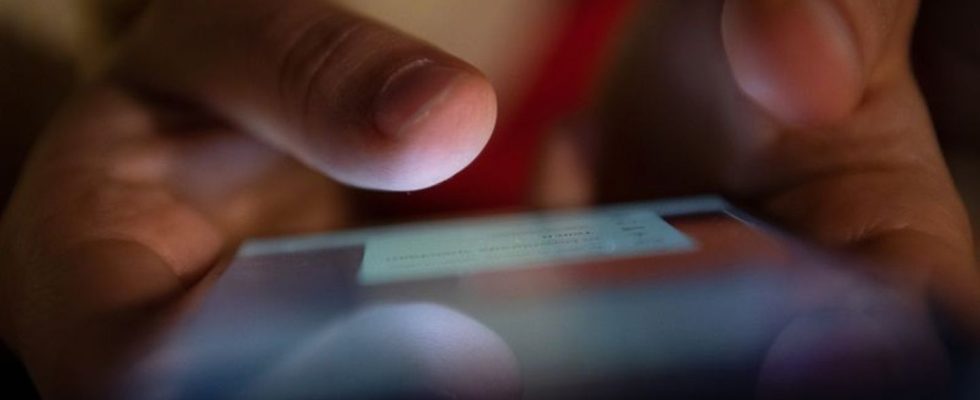psychology
Short digital detox phases do not bring any significant benefits
According to a study, if you only spend a few days without using social media, the positive and negative effects are more likely to be balanced. photo
© Sebastian Gollnow/dpa
A week without social media – such a mini break is very popular among users. But does it bring anything? And does it indicate potential addictions? Researchers have answers.
Michael Wadsley and Niklas Ihssen from Durham University included 51 moderate to heavy users of social media such as Facebook, Instagram, Snapchat, Twitter, TikTok and YouTube in their analysis. Research has suggested that abruptly stopping social media use can lead to withdrawal symptoms similar to drug use and that “digital detox” has a positive effect on well-being and mental health.
The researchers explain that no noticeable such connections were found for their 18 to 25-year-old subjects – 16 men and 35 women. The restriction of use had nuanced and potentially opposing effects on well-being. Restriction could eliminate experiences that trigger negative emotions – such as social comparisons or the fear of missing out. But this also applies to positive emotions as well as social recognition.
High relapse rate
Most participants were able to significantly reduce their use of social media throughout the week – but only seven successfully remained completely abstinent. The relapse rate is therefore very high. In addition, it was often stated that, to compensate, more time was spent playing video games or online shopping. There were no guidelines for restricting cell phone use overall in the study.
The research duo explains that it could be that potential negative effects were prevented by switching to other digital offerings and the mostly limited, but not completely stopped, use of social media. This would require larger studies. In any case, people who turn their backs on social media for just a few days would not be expected to have a significant impact on their own mood.
Clear definition is missing
The scientist Leonard Reinecke from Johannes Gutenberg University Mainz, who was not involved in the study, is critical of the research on “Digital Detox” overall. The definition alone is unclear. In addition, the imposition of restrictions that they did not choose themselves creates a negative feeling in test subjects, said the professor of media effects and media psychology.
Reinecke doesn’t believe in talking about addiction when it comes to heavy social media or smartphone use. This is “certainly completely unfounded in the vast majority of cases.” There is only a very small proportion of users who actually exhibit problematic and addictive behavior. These people often have different addictions at the same time. The smartphone has ultimately become a central hub for many different applications that can create positive and negative habits, said Reinecke. The central step must be self-reflection. For example: “What do I actually do with my smartphone on social media? What do I find enriching? What is good for me?” In this way, potential negative loops could be broken.

